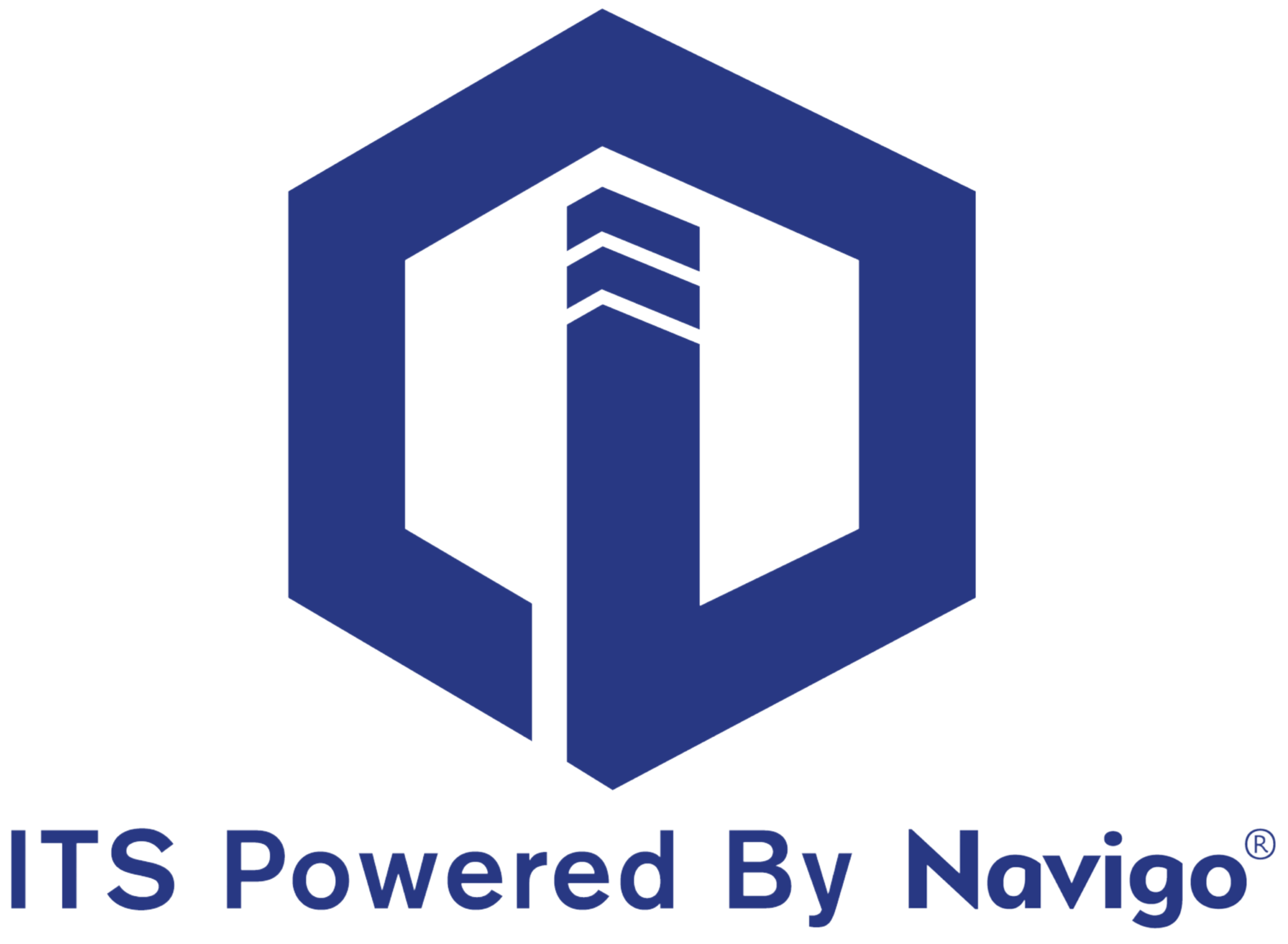Headquarters
7150 Columbia Gateway Drive, Suite L, Columbia, MD 21046
New York Location
112 West 34th Street, 18th floor, Room 18025 New York, NY 10001

In today's dynamic and digital world, businesses and organizations are constantly seeking innovative ways to engage with their audiences. One of the most versatile tools in achieving this goal is the digital signage kiosk. Let's explore what a digital signage kiosk is, its features, and the diverse range of settings where it's being used today.
A digital signage kiosk is a standalone interactive display unit equipped with a touchscreen interface, integrated media player, and content management capabilities. It allows users to access and interact with digital content, including videos, images, information, and applications. These kiosks are designed to be user-friendly and can serve various purposes, depending on the setting and objectives.
Touchscreen Interface: The primary feature of a digital signage kiosk is its touchscreen interface. Users can navigate content, access information, and interact with the screen using touch gestures, such as tapping, swiping, and pinching.
Multimedia Capabilities: Digital signage kiosks can display a wide range of multimedia content, including videos, images, slideshows, and interactive presentations. This versatility allows organizations to convey their messages effectively.
Content Management: Kiosks are often equipped with content management systems (CMS) that enable organizations to update and manage content remotely. This feature ensures that the information displayed remains current and relevant.
Customizable Design: Kiosks come in various sizes and designs to suit the specific needs and aesthetics of different environments. They can be freestanding, wall-mounted, or integrated into custom structures.
Connectivity Options: Many digital signage kiosks offer connectivity options such as Wi-Fi, Bluetooth, and USB ports, allowing users to connect external devices or access additional content.
Retailers are increasingly adopting digital signage kiosks to enhance the shopping experience. These kiosks can provide product information, offer personalized recommendations, and facilitate self-checkout processes, improving customer engagement and efficiency.
Hospitality and Hotels
In the hospitality industry, digital signage kiosks are used for guest check-ins, wayfinding, and displaying amenities and services. They enhance guest experiences and streamline hotel operations.
Corporate Offices
Businesses use digital signage kiosks in their corporate offices to display company information, directories, and interactive maps. They are also employed for employee self-service functions such as meeting room reservations and visitor sign-ins.
Transportation Hubs
Airports, train stations, and bus terminals utilize digital signage kiosks for passenger information, wayfinding, and flight or transit updates. These kiosks improve navigation and communication within busy transportation hubs.
Educational Institutions:
Schools and universities use digital signage kiosks to display campus maps, event schedules, and important announcements. They also provide interactive learning opportunities in educational settings.
Healthcare Facilities:
Hospitals and medical centers employ digital signage kiosks to streamline patient check-ins, provide health information, and assist with wayfinding in complex healthcare environments.
Museums and Cultural Institutions:
Museums and cultural institutions use digital signage kiosks to deliver interactive exhibits, guide visitors, and provide multimedia-rich educational content.
Restaurants and Fast Food Chains:
In the food industry, digital signage kiosks have become popular for self-ordering and customization of meals. They reduce order errors and wait times while offering a convenient ordering process.
Event Venues:
Event venues utilize digital signage kiosks for ticketing, event schedules, and interactive displays that engage attendees before, during, and after events.
Public Spaces:
Digital signage kiosks are increasingly found in public spaces such as shopping malls, city centers, and parks. They offer information, wayfinding, and interactive experiences for residents and visitors.
Digital signage kiosks have become invaluable tools for businesses and organizations across various industries. Their interactive capabilities, versatility, and ability to engage audiences make them a go-to solution for improving communication, enhancing user experiences, and streamlining operations in today's digital age. As technology continues to advance, the role of digital signage kiosks in shaping the way we interact with information and services will only continue to grow.
Explore itouchinc.com for more information on our solutions or contact us for needs unique to your property or project.
7150 Columbia Gateway Drive, Suite L, Columbia, MD 21046
112 West 34th Street, 18th floor, Room 18025 New York, NY 10001
Toll-Free
Phone
© Copyright 2025 ITS, Inc. All rights reserved.
Stay in touch with the latest news and updates from ITS, Inc.
7150 Columbia Gateway Drive, Suite L
Columbia, MD 21046
112 West 34th Street, 18-025
New York, NY 10001